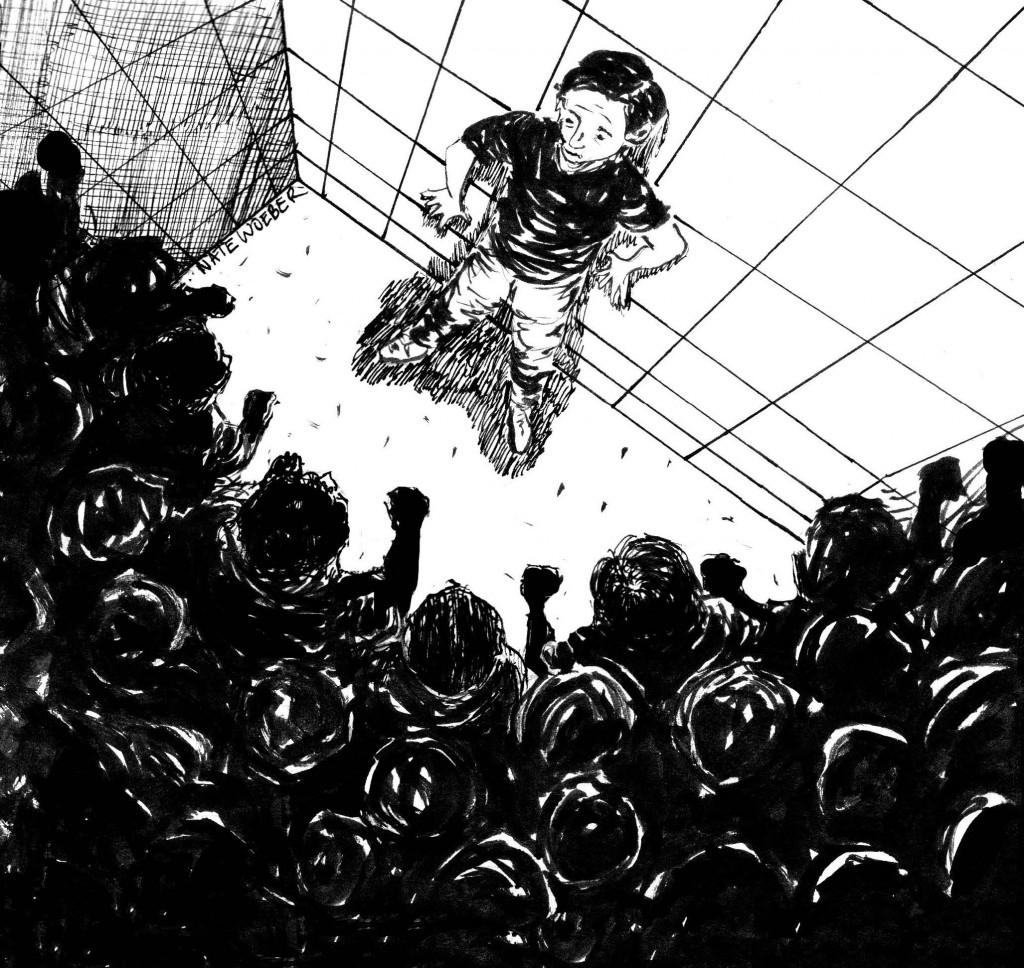Viewpoint by Colt Langley/managing editor
A proposed law called DWAI, or Driving While Ability Impaired, will be under consideration when the Texas Legislature reconvenes in January.
Unlike the current Driving While Intoxicated law that outlaws drivers with at least a .08 blood alcohol content, the new law would prohibit drivers with a BAC of more than .05.
The strange thing about this proposal is that police already have the power to arrest drivers with a BAC lower than .08.
So what’s the point of wasting taxpayer’s money and time incorporating a new law?
One thing it would change is officers being required to arrest someone with a .05 BAC instead of exercising their own judgment.
For instance, a 180-pound man who has three drinks would have a .06 BAC and would be arrested for a DWAI. A 100-pound woman who has one drink is right at .05. One drink is considered as followed: 12-ounce beer, four-ounce glass of wine or a one-ounce shot of 80-proof liquor.
It’s one thing for someone to go out and have more than a couple of drinks and then drive. But it’s another to arrest someone who may have had half a glass of wine out at dinner before going home.
It’s no mystery that the state makes a lot of money on DWIs, obstruction of roadways — a lesser DWI charge — and probation fines every year.
According to the Houston Chronicle, as of November 2009, the state of Texas collected more than $672 million in revenue from Department of Public Safety surcharges that DWI probationers paid and over $1 trillion in fines have yet to be paid.
So it makes one wonder if lawmakers and police chiefs who are pushing for the bill are doing this for safety and moral reasons. Or are future DWAI arrests just to add to the state’s revenue?
An acquaintance of mine who was recently on probation for an obstruction of roadway charge was having trouble paying his monthly court and probation payments.
After several months of not being able to fork up the money, his probation officer told him, “It’s all about the money.”
This only fuels my skepticism.


























